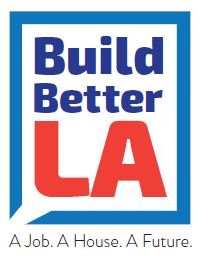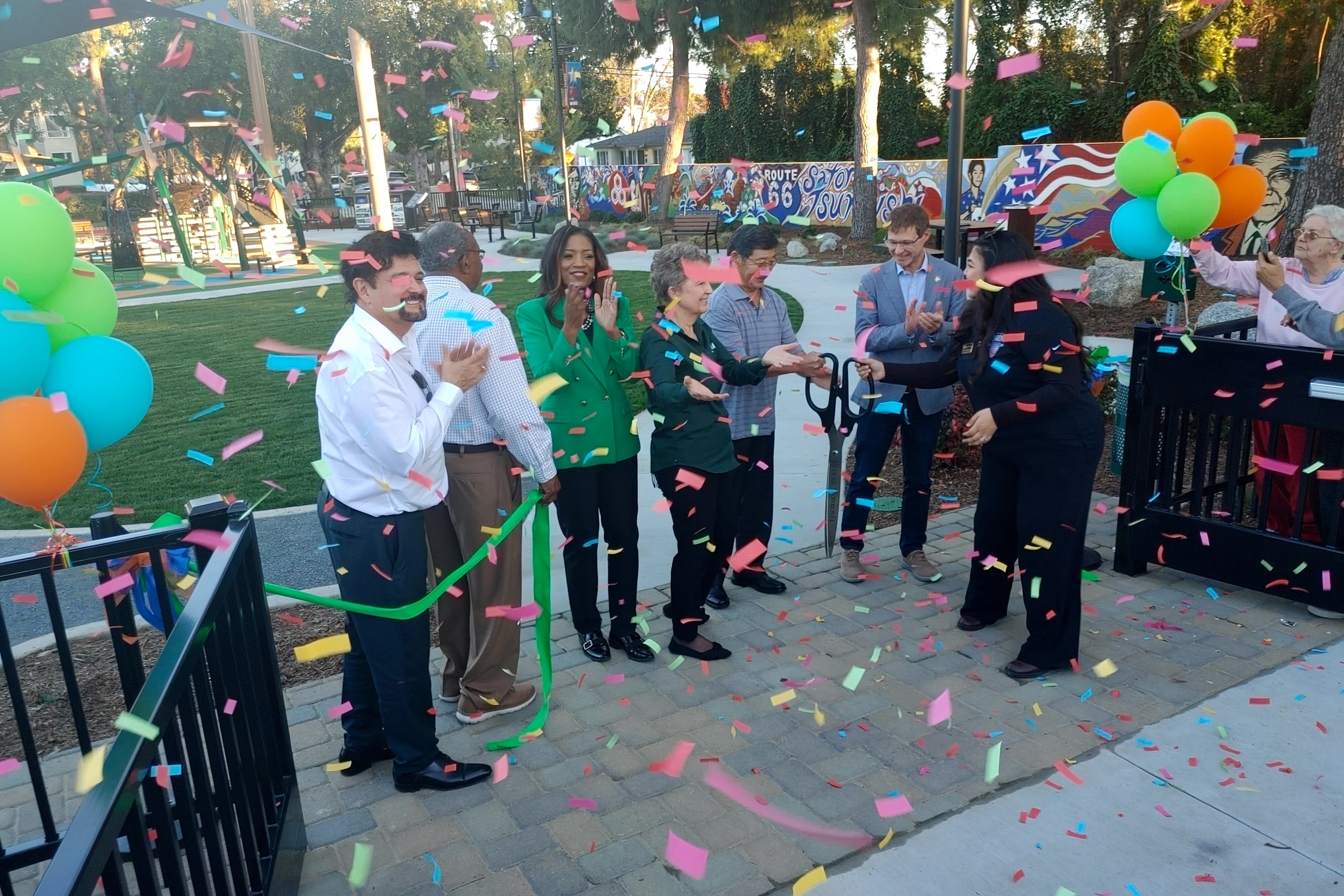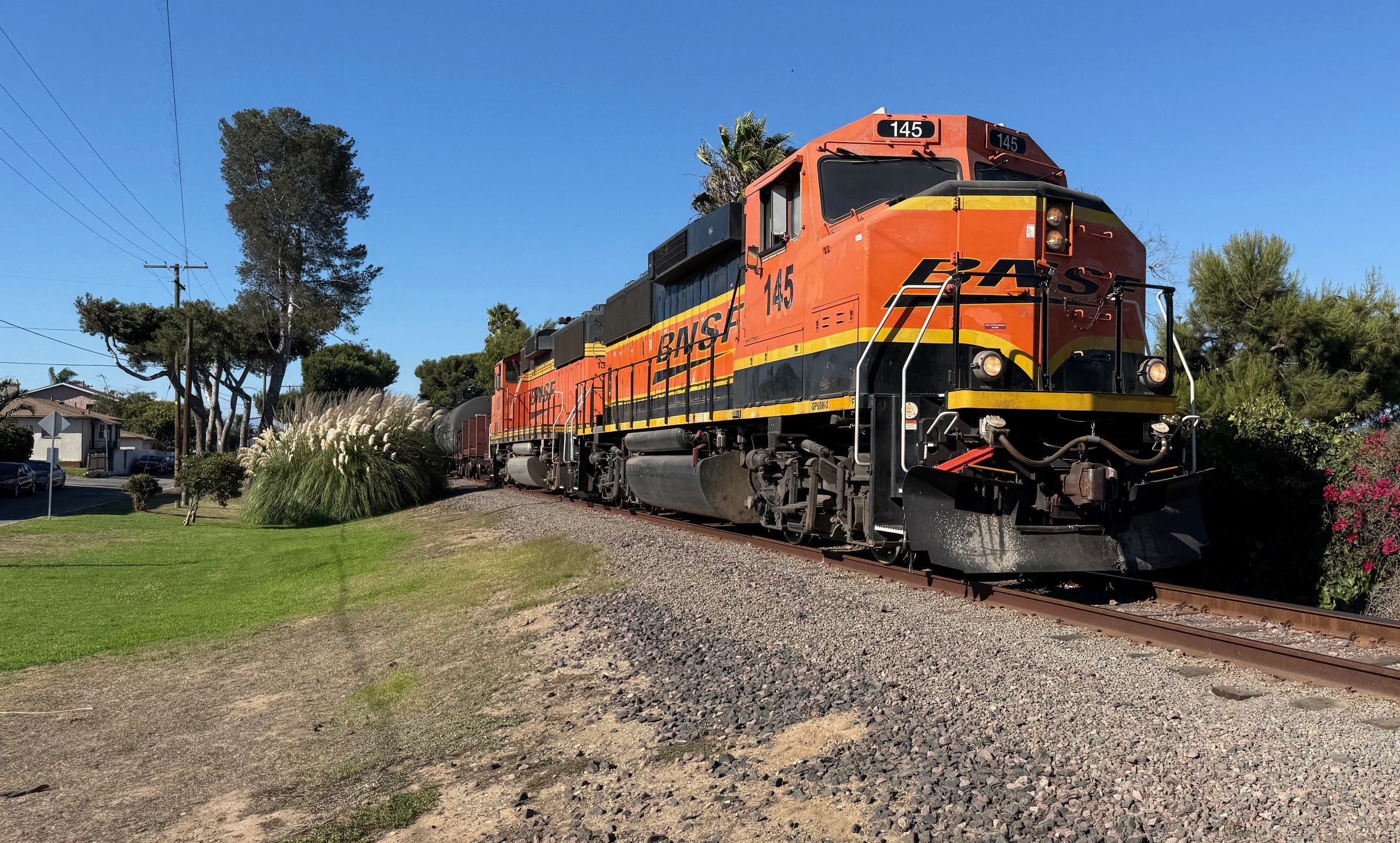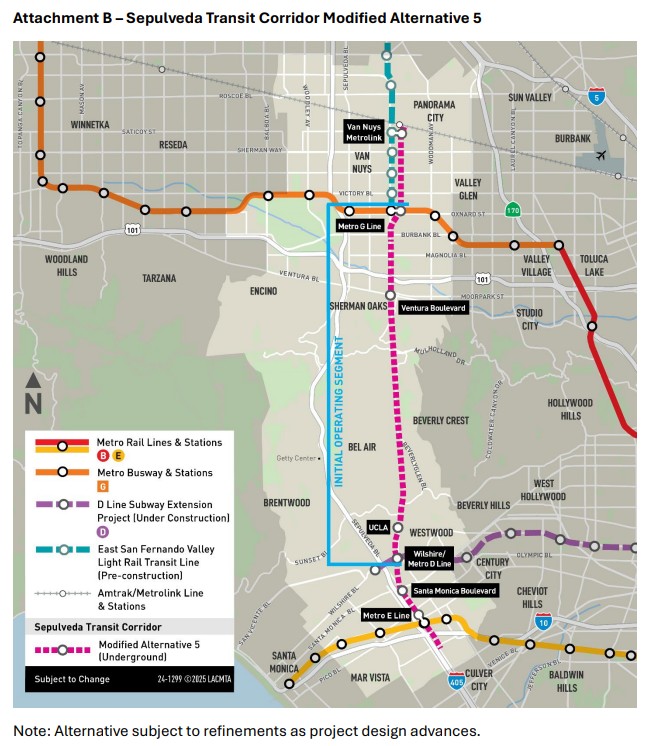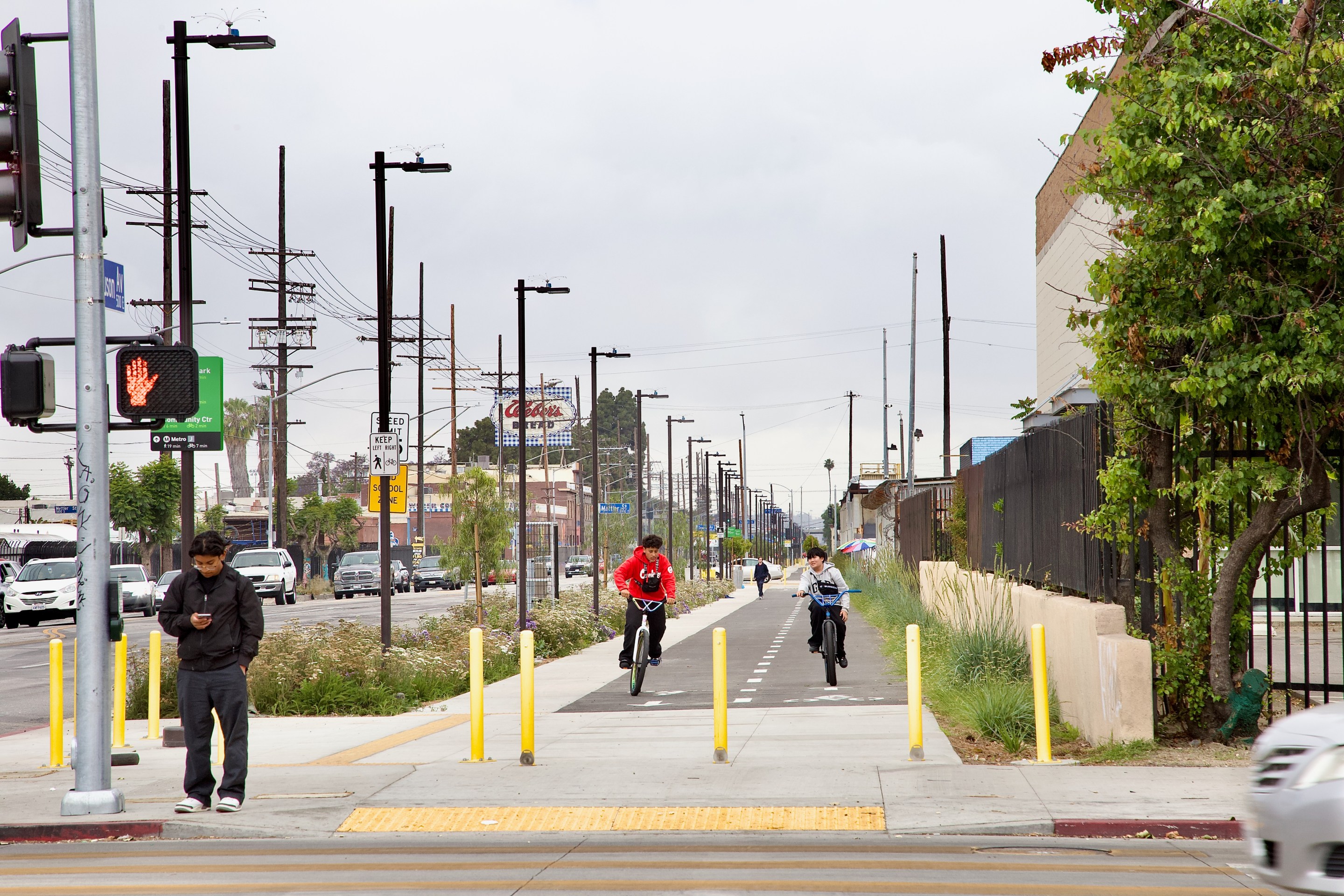This November, City of Los Angeles voters will decide Measure JJJ, termed the "Build Better L.A." initiative. Measure JJJ is designed to create new affordable housing, especially around transit, built by local workers paid living wages. Some critics assert that JJJ would likely result in unintended consequences, including potentially dampening overall construction of new housing.
What Measure JJJ Does
Measure JJJ would add affordable housing under a mechanism similar to the current California density bonus law. With the density bonus, when developers want to build something taller than what current zoning permits, they can do so if they include some affordable housing. Under JJJ, for developments with ten or more residential dwelling units, if the city of L.A. grants a zoning variance (such as a permit to build taller or to build with less parking), the developer would be required to build affordable housing. The affordable housing could be onsite, or within a few miles of the project, or could instead take the form of an in-lieu fee paid to L.A.'s Affordable Housing Trust Fund.
The variance would also trigger requirements to hire locally and pay prevailing wages.
In addition, Measure JJJ would create a "Transit Oriented Communities Affordable Housing Overlay" zone within a half-mile radius of major transit stops. This TOC zone includes incentives for affordable housing, increased density, and decreased parking requirements, based on the current density bonus law.
Measure JJJ was introduced to stave off the so-called Neighborhood Integrity Initiative, which has now been moved to the March 2017 election.
What Measure JJJ Proponents Say
Labor and affordable housing groups are campaigning for Measure JJJ. The Yes on JJJ website asserts that it "will build new housing near mass transit to reduce congestion." Sandra McNeill of T.R.U.S.T. South L.A. characterizes JJJ as a "proactive approach to more equitable growth in the city."
Proponents claim that had JJJ been enacted three years ago, Los Angeles would have an additional 5,522 affordable housing units by now.
Alexandra Suh, Executive Director of KIWA, writing at Yes on JJJ, urges a yes vote to combat poor wages and expensive rents.
While we were working with low-wage workers on important issues like wage theft, low wages, and poor working conditions, we found that most of their money was going to rent. The workers we organize have been forced to double and triple up in ever smaller spaces. That’s why it’s so important to vote yes on JJJ this November.
When you talk to people around the city, you find that everyone has the same challenges. When we started talking about solutions to the housing crisis, the jobs crisis, the transportation crisis, the homeless crisis—it became clear that these priorities weren’t in competition. In reality they are all connected, and Prop. JJJ addresses them all.
Prop. JJJ is the result of years of planning. It’s a step toward creating a more sustainable city in which all of us can live, and solving the housing crisis in ways that don’t create new problems.
Proponents paint a great livable vision of plenty of new affordable housing around transit, reduced gentrification and displacement, increased transit ridership and improved public health, and numerous living wage construction jobs available to local residents.
What Measure JJJ Critics Say
Affordable housing comes in different flavors. There is specific legally covenanted affordable housing (which would be incentivized and built under JJJ) and there is older housing that was built as market-rate that has, due to age, supply and demand, and other factors, become somewhat affordable.
Architect Melanie Freeland, of Gensler, puts it bluntly that "today’s new housing is tomorrow’s affordable housing." Freeland acknowledges Measure JJJ's good intentions, but anticipates that "wage restrictions will end up making affordable housing more difficult to build."
Measure JJJ could build quite a bit of covenanted affordable housing, while depressing the overall construction of new housing in L.A. With supply already limited, and demand growing, this could potentially result in the unintended consequences of squeezing the new housing supply, raising rents, and increasing gentrification.
Urban planner Shane Phillips, of Better Institutions, writes that under JJJ's wage provisions "smaller projects would become completely infeasible, reducing total housing supply and... driving up the cost of all housing—new and existing. So we get a few dozen or few hundred more low income units each year; meanwhile, the 1.3 million units already here get more expensive, faster."
Architect Simon Ha, of Steinberg, in an editorial for the L.A. Downtown News, echoes this sentiment:
If the Neighborhood Integrity Initiative and/or the Better Build L.A. proposals pass, the affordability crisis could be exacerbated. If city fees rise and additional costs are added, rents will increase. If investors and lenders lack confidence that consumers will pay these higher prices, then the housing will not get built.
Phillips further argues that ballot initiatives are difficult to undo:
...ballot box planning in general has a horrible track record in California. Proposition 13 is the most harmful example at the state level... It begins with a decent idea and then leads to sweeping, economy-destroying unforeseen consequences. [The L.A.] City Council is currently at work developing "value capture" standards that would accomplish the same affordable housing goals found in this initiative, with the benefit of a lot more study and debate going into their development, and the freedom to adapt and reform them as circumstances dictate—not so with initiatives[.]
Phillips' recommendation? "Vote No. But Contact Your Councilmember to Advocate For Similar Affordability Requirements Adopted Through the Formal Legislative Process."
Another possible unintended consequence of Measure JJJ (and even more so of the Neighborhood Integrity Initiative) would be increased pressure to build to "by right" zoning code. In part due to no-growth NIMBY pressure, many of the city's plans are out of date and woefully suburban. Should Hollywood development really be subject to more pressure to conform to a community plan last approved in the 1980s?
What Do You Think?
Streetsblog L.A. is not taking an official position on Measure JJJ. There are excellent progressive reasons to vote in favor of JJJ, as well as some potentially worrisome consequences that may or may not outweigh its important benefits.
Readers - what do you think? How do you plan to vote on Measure JJJ?
